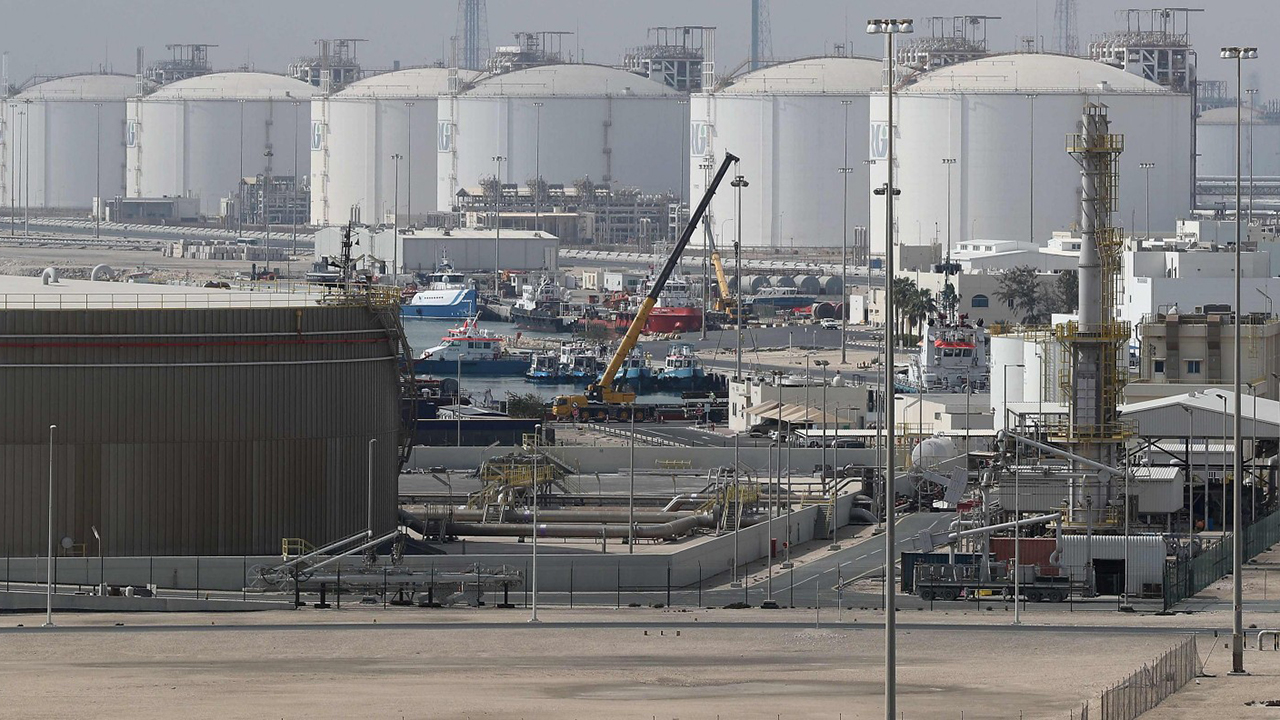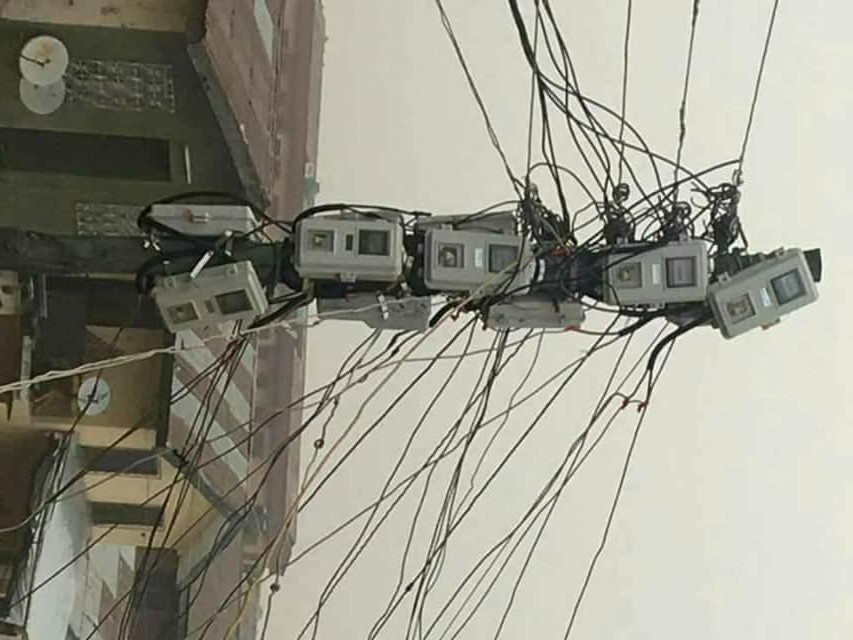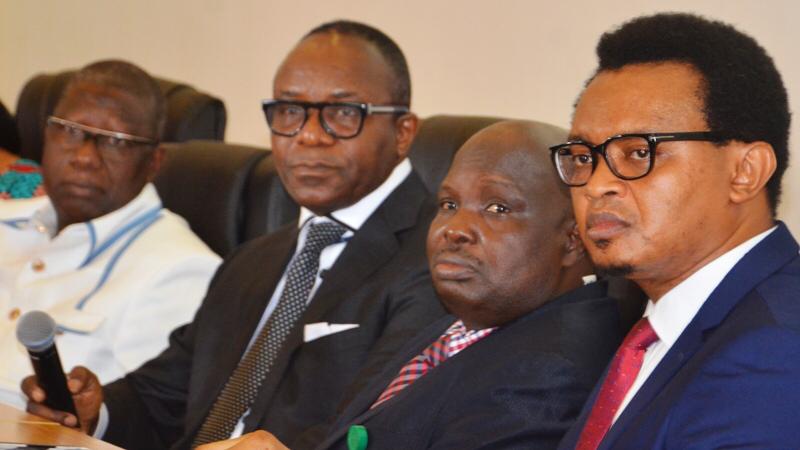Since this year, there had been rising discoveries of gas reserves amongst several oil and gas economies including Nigeria, Gabon, Senegal, Sudan, Ghana, E’Guinea, S’Africa, Mozambique, Kenya and others.
Aside new gas deals, the Nigerian Federal Government under the new drive of the Minister of State, Petroleum Resources, Chief Timipre Sylva, has stepped up the activities of Nigerian Gas Flare Commercialization Programm (NGFCP), by giving additional responsibilities to the Program Manager, Mr Justice Derefaka as his Technical Adviser on Gas Business.
No doubt, with new gas discoveries within Nigeria, progressive moves to commercialize gas flare and other African countries, the United States of America (USA) is becoming convinced that Africa is closing in to becoming the prime market for the surplus of gas that the U.S. shale is driving.
Giving flesh to the above permutation, the U.S. Assistant Secretary for Fossil Energy, Steven Winberg, during the just-concluded Africa Oil Week, he averred that African countries have the potential to increase gas supply to the world.
In his views, the strategy is for the U.S. government to work with U.S. companies that want to do business in Africa and to work with countries in Africa that want to do business with U.S. companies.
Before now, the PwC in its latest report stated that rising investor interest in Africa’s oil and gas resources, renewed investment in exploration after the downturn, and major new finds offshore the continent are expected to shift African oil and gas development into a growth phase after years of stagnation.
For instance, Italian oil major, Eni, in August this year, said that it has made a huge gas and condensate discovery onshore Niger Delta, saying through its affiliate, Nigerian Agip Oil Company, that it made a significant gas and condensate find in the deeper sequences of the Obiafu-Obrikom fields, in Oil Mining Lease 61.
It said the Obiafu-41 deep well had reached a total depth of 4.374 m, encountering an important gas and condensate accumulation within the deltaic sequence of Oligocene age comprising more than 130m of high-quality hydrocarbon-bearing sands.
In a statement, Eni averred that “The find amounts to about one trillion cubic feet of gas and 60 million barrels of associated condensate in the deep drilled sequences.”
Aside from supporting the work of U.S. businesses in Africa, Winberg is clear that he sees Africa as a prime market for the surplus of gas that the U.S. shale revolution is delivering. “I do believe there is going to be increased oil and natural gas production in Africa, but there is an interim period when African countries may want to avail themselves of our LNG exports,” he explains.
Currently, he United States has the capacity to export seven billion cubic feet per day, which will grow to ten billion cubic feet per day by 2020.
Winberg said “In operation or under construction, we will have 15.5 billion cubic feet per day today coming online over the next several years. The Department of Energy has authorised about 35 billion cubic feet a day.
“There is a lot of headroom there for countries that want to use LNG imports in the interim period while they are developing their own natural gas production.”
However, Steven Winberg is upbeat that the U.S. shale surplus offers another benefit: stabilising the market and providing security of supply. “About two and a half months ago, the Straits of Hormuz saw some hostile activity,” he says. “If you watched the Brent Crude oil price, it barely moved in and around that hostility.”
“Then on September 14, the Iranians attacked Saudi Arabia – the attack initially took out half of their production. That happened on Saturday; and on Monday when the European markets closed Brent crude was up 9 dollars and within two weeks Brent closed below pre-attack levels. That speaks volumes about the robust nature of this oil and gas market. If that attack had occurred a decade ago, we would have seen a fly up in oil prices, and I think they would have stayed up.”
“The fact that we continue to increase the level of oil that we’re producing in the United States and will be a net exporter of energy next year, reduces the impact that those types of attacks can have.









